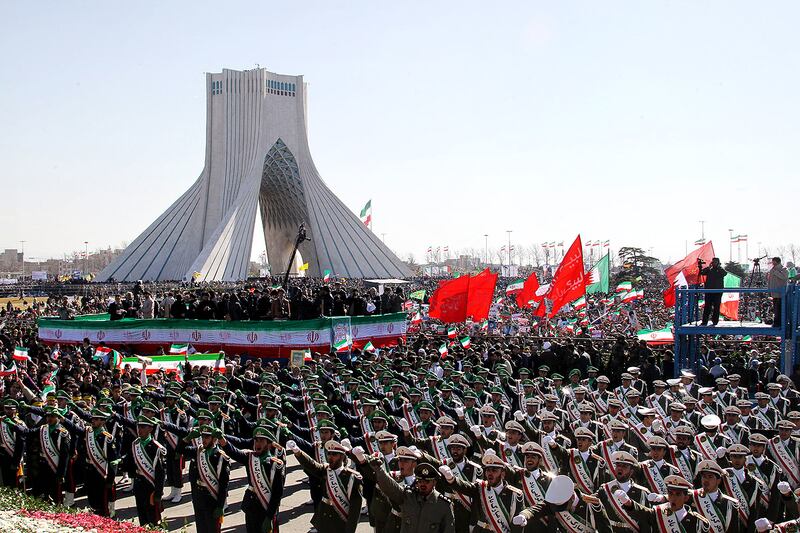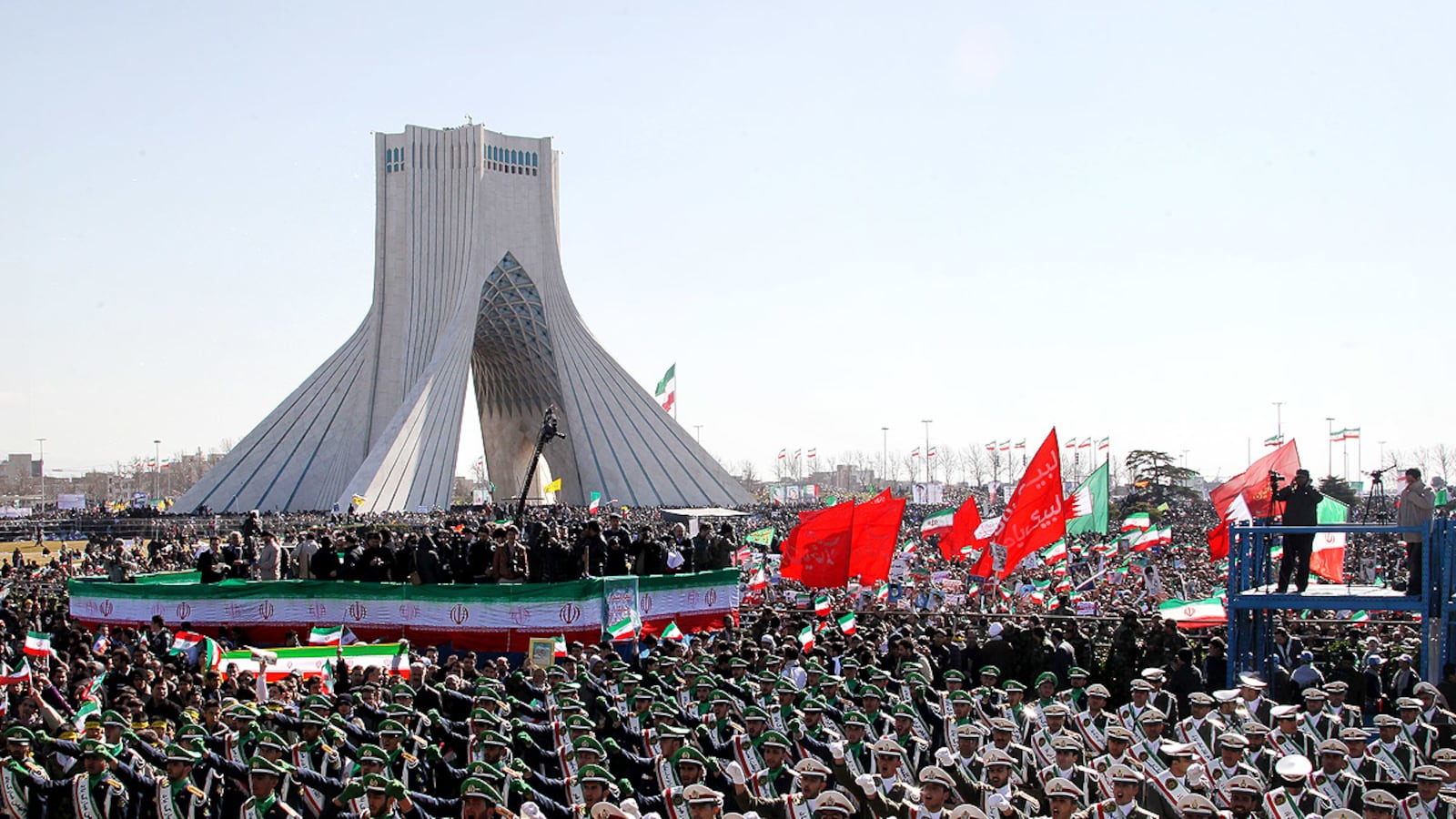The Iraq War debate was not among American journalism’s finest hours. Despite, or perhaps because of, the media’s incessant coverage of the run-up to war, the public ended up wildly misinformed. An August 2003 Washington Post poll found that 69 percent of Americans thought it either “very likely” or “somewhat likely” that Saddam Hussein had been involved in the 9/11 attacks. Eighty percent of Fox News viewers believed either that Iraq and al Qaeda were closely linked, that the U.S. had found weapons of mass destruction in Iraq, or that world public opinion favored the war. Even among Americans who got most of their information from print, a majority fell for one of these mistruths. The New York Times ultimately apologized for not showing more “skepticism” about pre-war claims of Iraqi WMD.

Now, with Israel, or America, or both, potentially headed for war with Iran, the press is being tested again. And it’s mostly failing again. On the narrow question of whether Iran has decided to seek a nuclear weapon—as opposed to mere nuclear capacity—the elite media are trying hard to convey skepticism. On Saturday, The New York Times ran a front-page, above-the-fold story explaining that U.S. intelligence agencies don’t really know whether Iran is building a bomb.
That’s the good news. The bad news is that beyond the specific issue of whether the Iran is pursuing a nuke, the media are still doing what they did during the Iraq debate: passing off pro-war arguments as fact.
Two examples. Again and again, the Times has called a potential Israeli strike against Iranian nuclear facilities “preemptive.” But that’s wrong. A “preemptive” attack is an attack you launch when the other side is about to attack you. It’s the equivalent of shooting a guy reaching for his holster. What the Israeli government is considering is a “preventive” attack: the equivalent of shooting a guy you think may soon procure a gun. During the Iraq War debate, the Bush administration thumbed its nose at these definitions and called its impending invasion of Iraq “preemptive,” thus implying that Saddam was on the verge of attacking the U.S. Now the media are picking up where Bush left off, using the wrong term for an Israeli strike on Iran and therefore implying, with no evidence, that Iran is on the verge of nuking Tel Aviv.
The second example, as a smart friend recently pointed out to me, is “existential threat.” This month, a Times article declared that “Israel, which considers a nuclear Iran a threat to its existence, would not allow itself to be in a position where its fate was left in others’ hands.” The sentence is absurd. Israel (singular) “considers” nothing; it’s a nation of almost eight million people. To be sure, Prime Minister Benjamin Netanyahu seems to consider Iran an existential threat, and the implication of the Times article is that his view is so widely shared that on this question, Israel virtually speaks as one. But that’s simply not true. Netanyahu’s own defense minister, Ehud Barak, although reportedly open to military action, said in 2009 that “Iran does not constitute an existential threat against Israel.” Meir Dagan, the man who led Israel’s external spy agency, the Mossad, from 2002 to 2010, has said that “I don’t think there is an existential threat” from Iran. Late last year, his successor, current Mossad chief Tamir Pardo, reportedly suggested the same thing. According to a recent Christian Science Monitor poll, a majority of Israelis disagree with Netanyahu as well.
How could the Times, America’s best newspaper, and a paper clearly trying to learn from its Iraq mistakes, commit such similar ones again? The answer, I think, is that when politicians and government officials from different parties and different corners of government seem to agree on something, journalists often take it as fact. That’s part of what happened on Iraq. Because the intelligence agencies and congressional Democrats mostly agreed with the Bush administration’s claim that Saddam had WMD, journalists could safely assert it, too. And in a Washington culture that relies heavily on official sources, even journalists willing to think unconventional thoughts about Saddam’s WMD had trouble finding credible sources willing to say so.
Today as well, politicians from both parties simply assume that Iran is pursuing a nuke. The intelligence agencies’ willingness to challenge this assumption has helped journalists do the same. But beyond this particular question, the dynamic resembles the one preceding war with Iraq. Democrats and Republicans both use the term “preemptive.” The leaders of both parties insist that Iran represents a mortal threat to Israel, which cannot possibly be deterred. And so establishment journalists, who instinctively play between the yard lines established by the two parties, find it easy to repeat those assertions, too.
The Washington press is part of Washington culture. To challenge pro-war narratives, it usually needs establishment figures to lead the way. And when the left-of-center party won’t challenge those narratives—as the Democrats refused to do on Iraq, and are refusing to do again on Iran—the press isn’t likely to either.






